New York, Sep 20 (V7N) – During Indian Prime Minister Narendra Modi's address to the US Congress in June 2023, he highlighted Vice President Kamala Harris's Indian heritage, noting, "There are millions here who have roots in India. Some of them proudly sit in this chamber, and there is one right behind me, who has made history." Modi humorously referred to the "Samosa Caucus," a nickname adopted by a few Indian-American lawmakers.
As the November elections approach, Harris has made history as the first Indian-American to run for the presidency against former President Donald Trump. With her mother hailing from India and her father from Jamaica, Harris's candidacy symbolizes the growing influence of Indian-Americans in US politics.
Increasing Political Engagement
Karthick Ramakrishnan from AAPI Data, which studies Asian American political attitudes, notes that Harris’s heritage reflects the increasing political engagement of Indian-Americans. Since Dalip Singh Saund became the first Indian-American elected to Congress in 1957, the number of Indian-Americans in Congress has risen to five, with nearly 40 in state legislatures. They also boast the highest voter turnout rates among Asian-American groups.
Ramakrishnan attributes this political involvement partly to the Indian-American community's experience with democracy. "Coming from a democratic country makes you more likely to be civically engaged," he explained. Their relative wealth and education facilitate political participation and fundraising efforts, creating a virtuous cycle of engagement.
Views on India
According to Pew Research, Indian-Americans generally hold positive views of India, with 76% expressing a favorable opinion. Despite this interest, many are unlikely to move back to India. The anticipation around Modi's speech in Long Island, where 25,000 registered to attend—exceeding the venue's capacity—indicates a strong interest in Indian politics, although this may not influence US voting patterns significantly.
Irfan Nooruddin, a professor of Indian politics at Georgetown University, emphasizes that while Modi is popular among Hindu Indian-Americans, his influence on their voting decisions is limited. Historical events, such as the 2019 "Howdy Modi" summit in Houston, show that despite the popularity of Modi and Trump among some Indian-Americans, polls indicate a strong preference for Democratic candidates within the community.
Republican leaders suggest that Indian-Americans associate the Democratic Party with democracy, influencing their voting patterns. Hima Kolanagireddy, a Republican National Committeewoman from Michigan, stated, "When they come here and see the Democratic Party, they equate democracy to the Democratic Party."
Who Would Modi Support?
Should Modi publicly express a preference, it would be challenging to determine whom he would endorse between Trump and Harris. Nooruddin points out that while Harris has deep personal ties to India, her core supporters may prioritize India’s democratic and human rights issues. Conversely, Trump’s anti-globalization stance may not favor India if he regains power.
Nooruddin speculates that Modi would likely prefer to see the stability offered by a Biden-Harris administration continue, rather than the unpredictability of a potential Trump presidency. This sentiment aligns with the aspirations of many Indian-Americans, who hope to witness the election of the first Indian-American woman as President of the United States.
END/MSS/



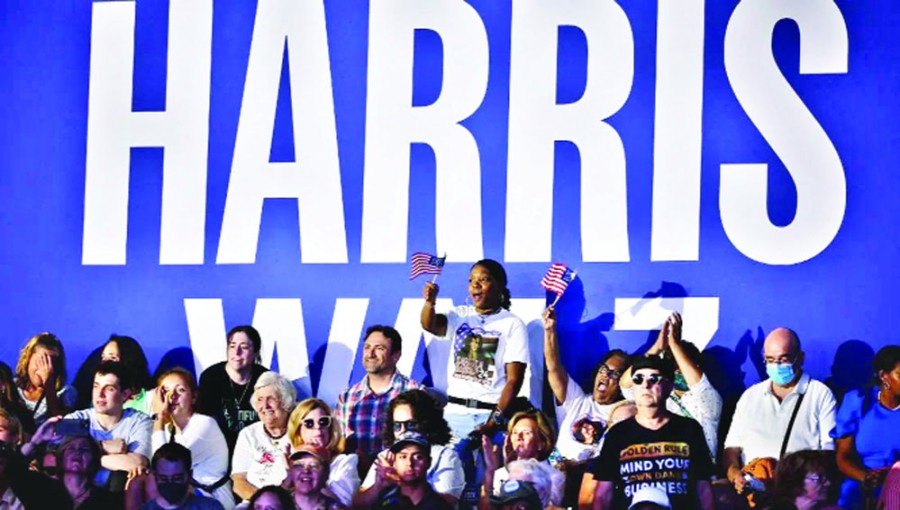
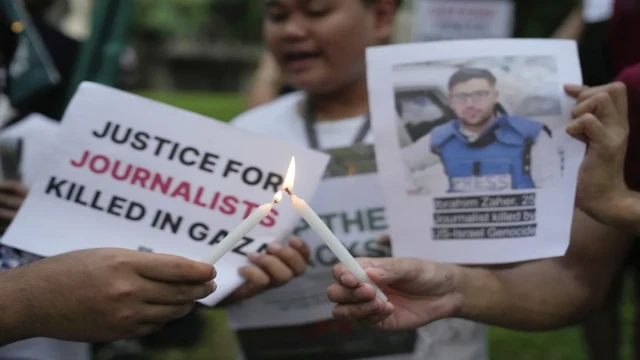
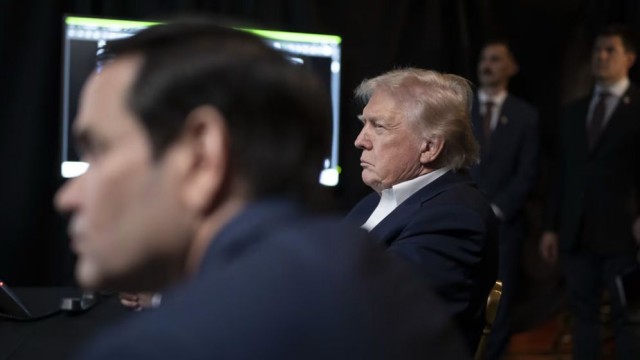
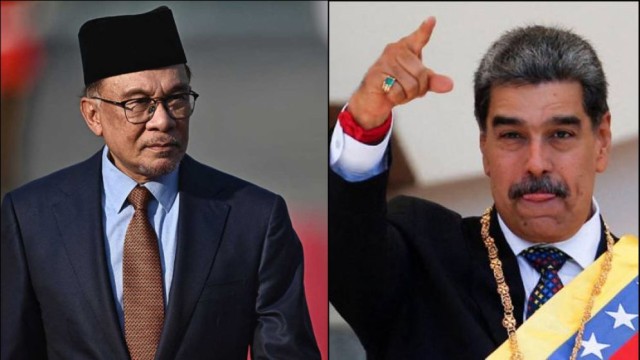
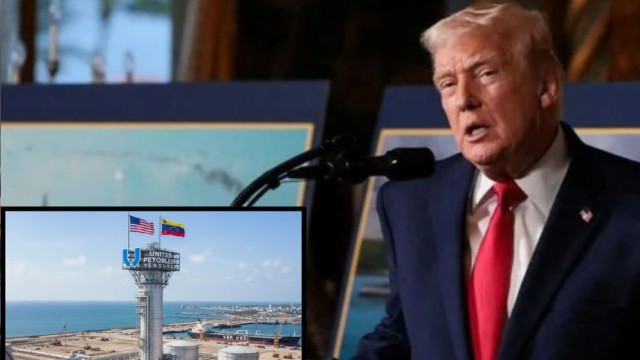
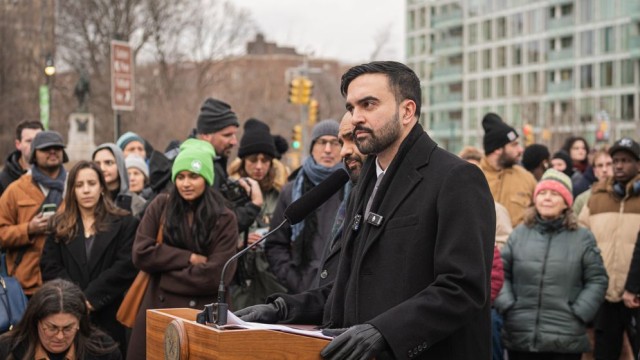

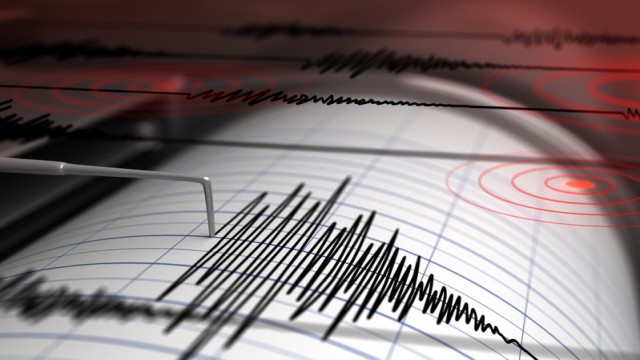
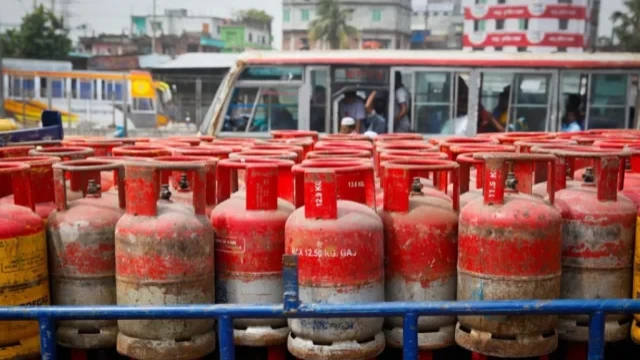
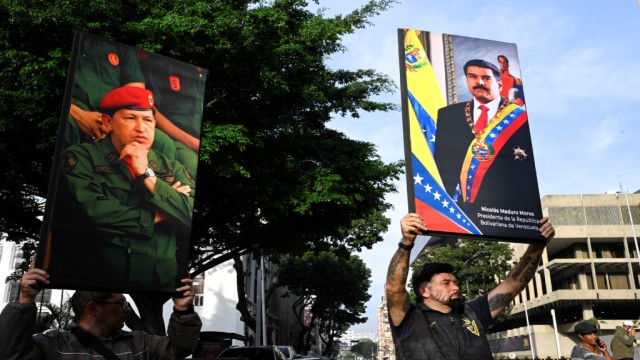
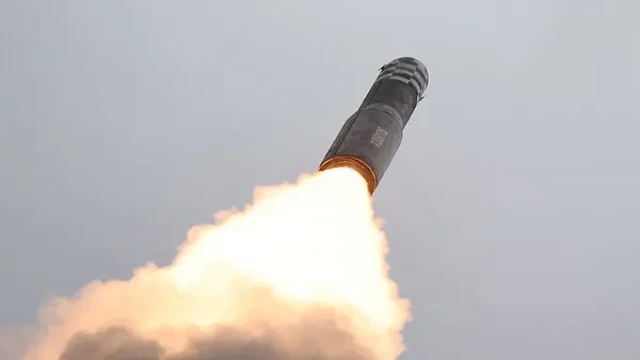
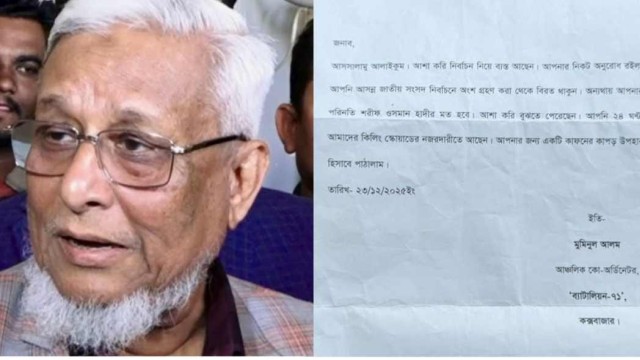
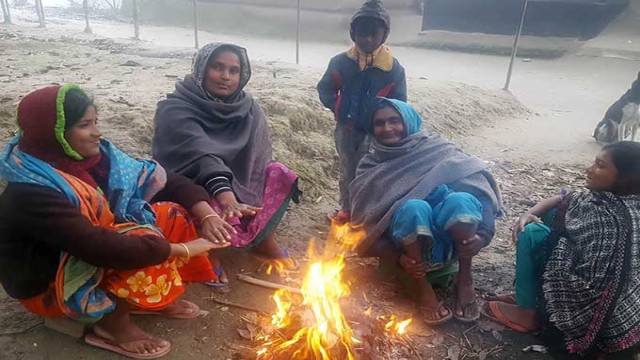
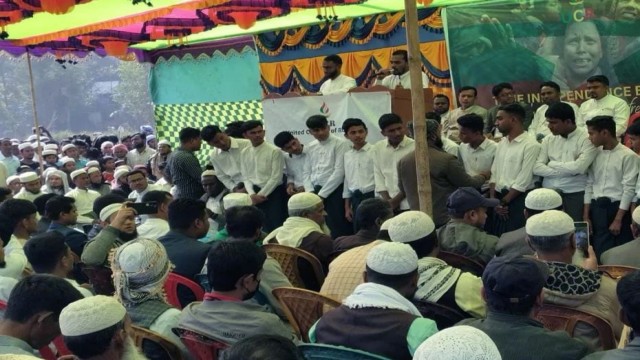
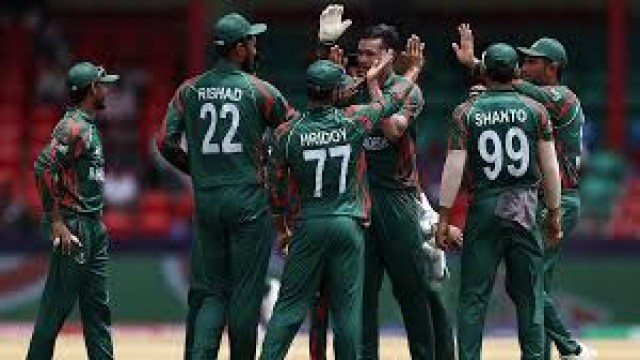


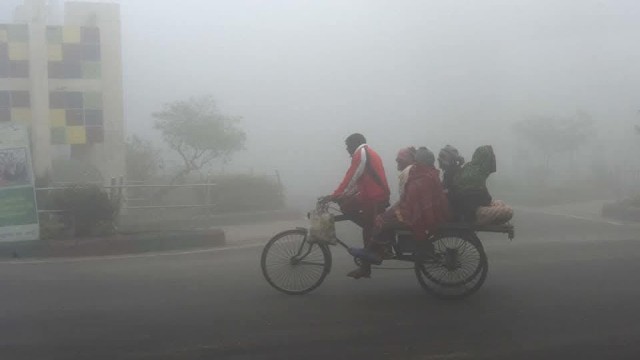
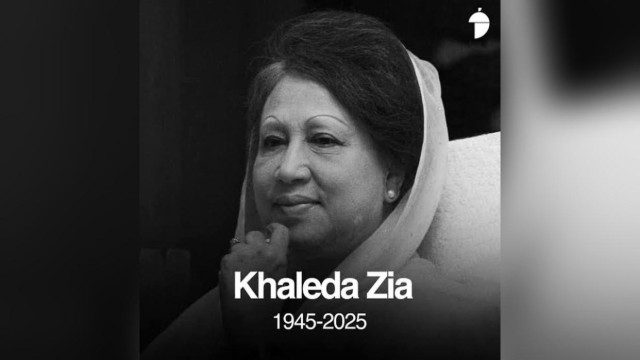

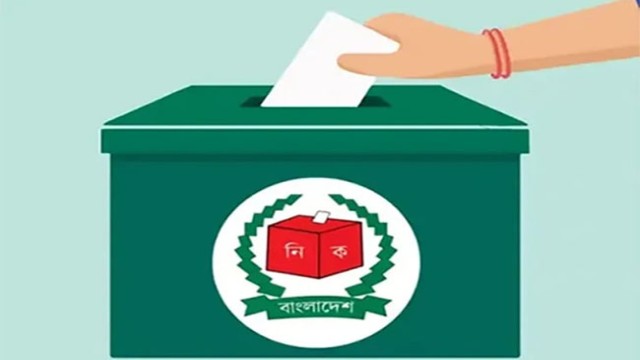


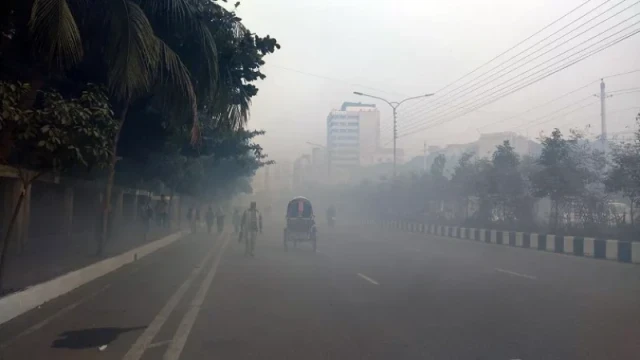
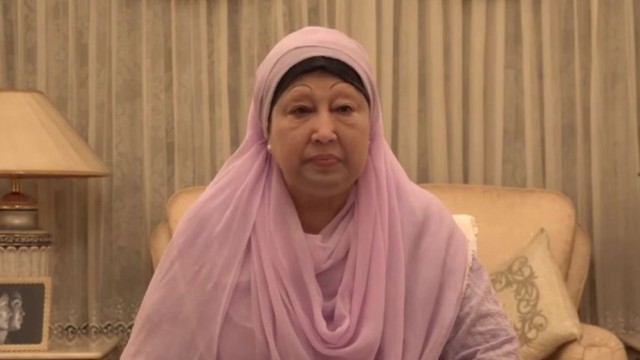
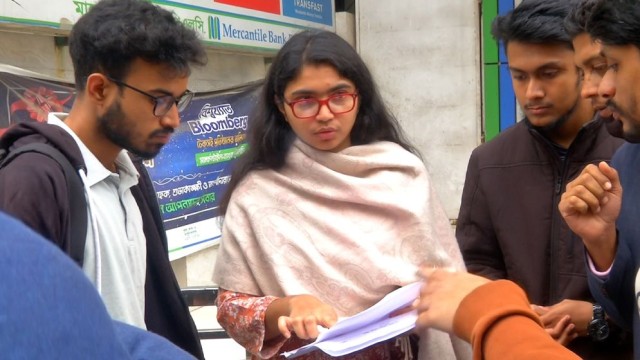

Comment: